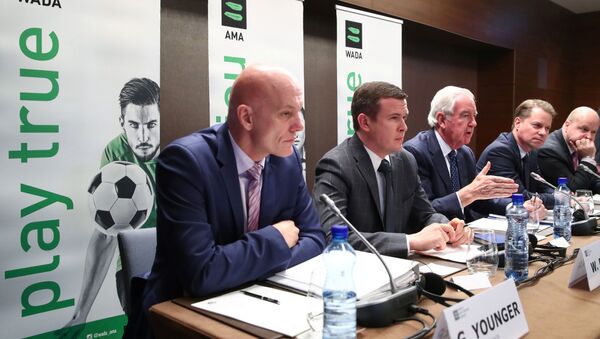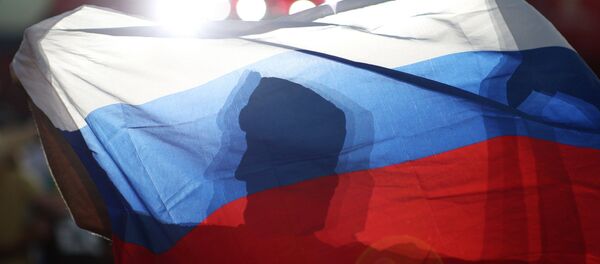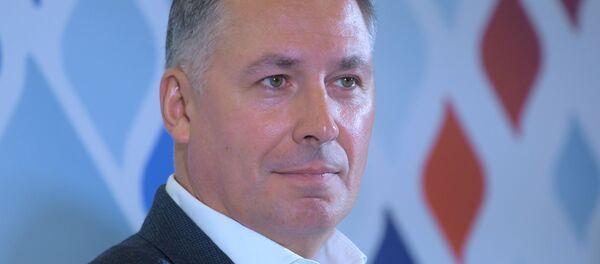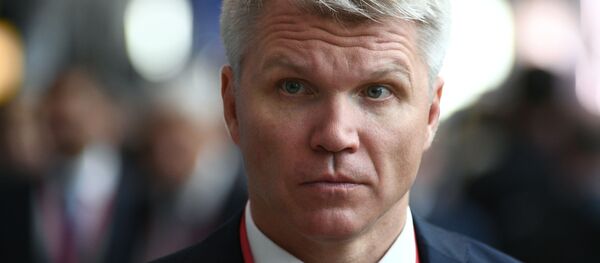MOSCOW (Sputnik) - The World Anti-Doping Agency's (WADA) Compliance Review Committee (CRC) now has names of all suspicious athletes in the Moscow Laboratory database, which was said to be manipulated before being handed over to the agency's investigators in January 2019, Jonathan Taylor, the WADA CRC chair, said on Monday.
"WADA now has the names of all suspicious athletes in the LIMS [Laboratory Information Management System] database, and thanks to the painstakingly forensic nature of the investigation, this includes the athletes whose data was manipulated or even deleted, including the 145 athletes within WADA's target group of most suspicious athletes but also others beyond that target group", Taylor said, as quoted in the agency's press release.
The official added that while he understands the WADA Athletes Committee's calls for a blanket ban on all Russian athletes, the CRC unanimously agreed that "those who could prove their innocence should not be punished" noting that he was pleased that the WADA Executive Committee had agreed with this.
"While being tough on the authorities, this recommendation avoids punishing the innocent, and instead stands up for the rights of clean athletes everywhere. If an athlete from Russia can prove that they were not involved in the institutionalized doping program, that their data was not part of the manipulation, that they were subject to adequate testing prior to the event in question, and that they fulfil all other strict conditions to be determined, they will be allowed to compete", Taylor said.
Taylor added that there is a possibility that the WADA Olympic ban on Russia will not cover the 2020 Tokyo Olympics if the Court of Arbitration for Sport (CAS) does not deliver a ruling on Russia's possible appeal before the sporting event, but then the ban will cover the Games in Paris in 2024 instead.
The World Anti-Doping Agency's (WADA) Compliance Review Committee (CRC) has names of all 145 Russian athletes, whose doping data is said to be either doctored or removed in the Moscow Laboratory database, and will keep these sportsmen out of the upcoming Olympic Games.
The World Anti-Doping Agency also assumes that one-third of the 145 "suspicious" Russian athletes, whose data is said to have been either doctored or removed in the Moscow Laboratory database, are still competing, according to Gunter Younger, the director of intelligence and investigations for the organisation.






